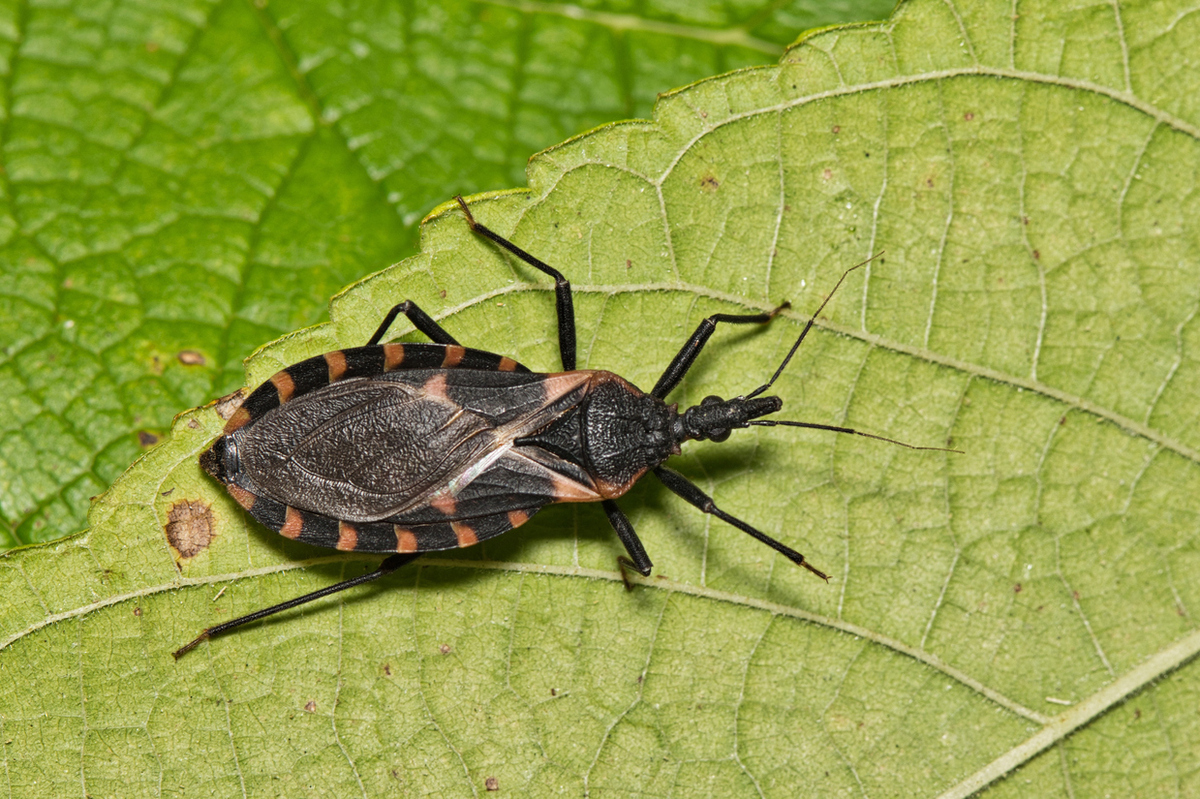
First-Ever Gene Editing Success in Kissing Bugs
April 24, 2024| |
A study published in The CRISPR Journal shows that gene editing of kissing bugs, a primary vector for Chagas disease, is made possible through CRISPR-Cas9 technology for the first time. This milestone opens up new strategies and opportunities to mitigate Chagas disease.
Chagas disease is a significant public health concern, affecting millions of lives in America, particularly in Central and South America. Due to the limited treatment options, controlling the vectors through gene editing could be a great alternative to help control the spread of this potentially life-threatening disease.
Researchers from the Federal University of Rio de Janeiro and partners have developed a technology called Receptor-Mediated Ovary Transduction of Cargo or ReMOT Control, where materials are directly injected into the circulatory system of the mother and guide the material to the developing eggs. "It's the equivalent of injecting every single egg in her body all at the same time,” Dr. Jason Rasgon, Dorothy Foehr Huck and J. Lloyd Huck Endowed Chair in Disease Epidemiology and Biotechnology and co-author of the study, said.
The research team demonstrates the effectiveness of ReMOT Control by targeting genes associated with the eye and cuticle color. They injected female kissing bugs with genetic edits and observed changes in eye and cuticle color in the offspring, indicating successful gene editing of kissing bugs.
For more information, read the article from Pennsylvania State University.
| |
You might also like:
- New Technique TARDIS Makes Gene Editing at Scale Possible in Animals
- Review Explains Gene Editing's Contribution to Large Animal Research
- Biotech Offers Promise in Global Livestock Industry
Biotech Updates is a weekly newsletter of ISAAA, a not-for-profit organization. It is distributed for free to over 22,000 subscribers worldwide to inform them about the key developments in biosciences, especially in biotechnology. Your support will help us in our mission to feed the world with knowledge. You can help by donating as little as $10.
-
See more articles:
-
Plant
- Review Sheds Light on the Current State of GM Crop Adoption in Africa
- ISAAA Infographics Show Regulatory Landscape for Gene-Edited Crops in Africa, Asia, and Oceania
- APHIS Releases Regulatory Status Review of Four Modified Plants
-
Animal
- First-Ever Gene Editing Success in Kissing Bugs
-
Food
- Moolec Gets First US Approval for Animal Proteins in Plants
-
Health
- Novel Technique Allows Simultaneous Fluorescent Labeling of Multiple Proteins
- Review of 3D Printing and Bioprinting Applications in Diabetes Treatment
-
Environment
- Study Reveals Linkages Between Crop Biotech and Climate Change Mitigation
-
Read the latest: - Biotech Updates (December 17, 2025)
- Gene Editing Supplement (December 17, 2025)
- Gene Drive Supplement (February 22, 2023)
-
Subscribe to BU: - Share
- Tweet

